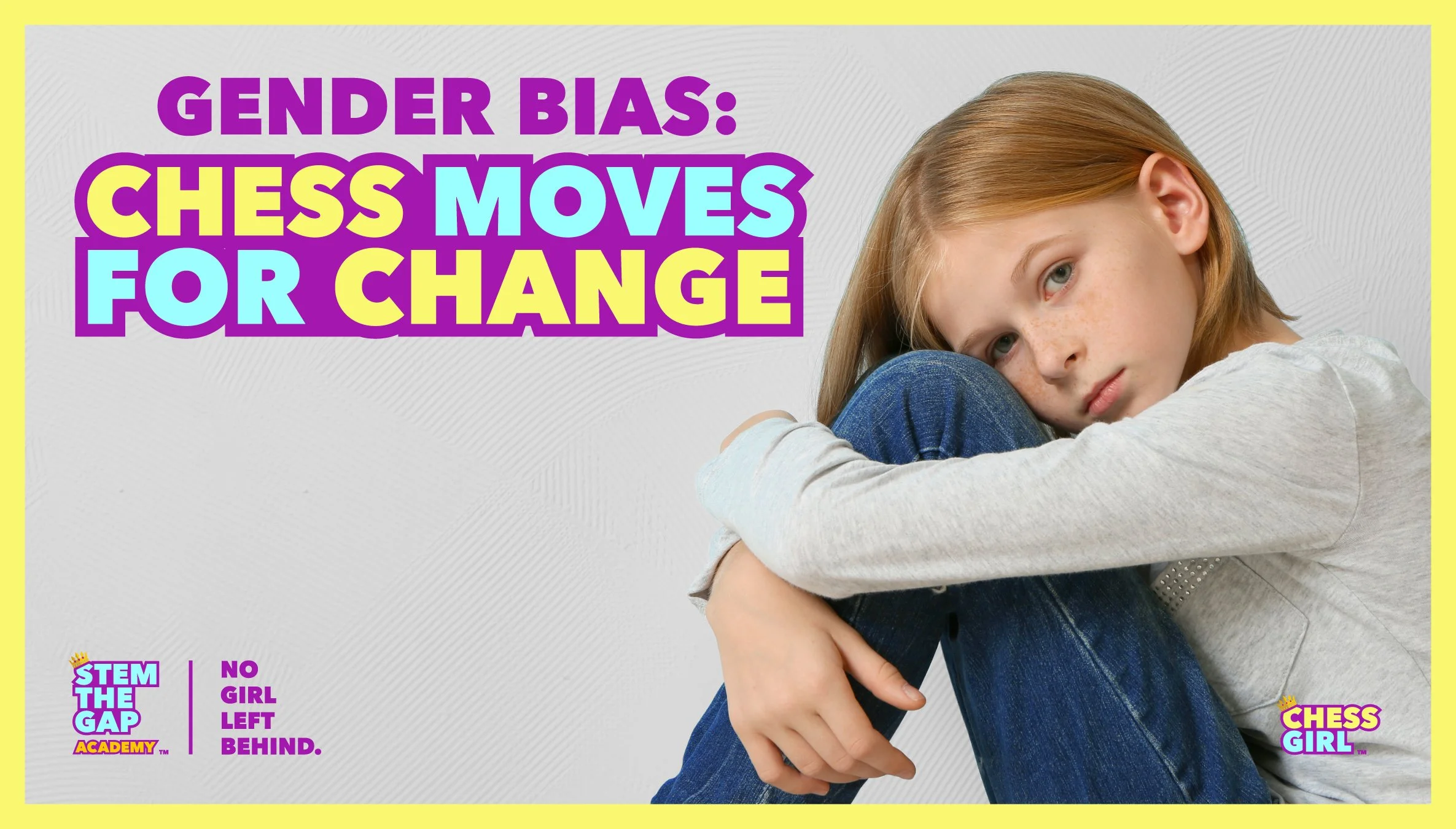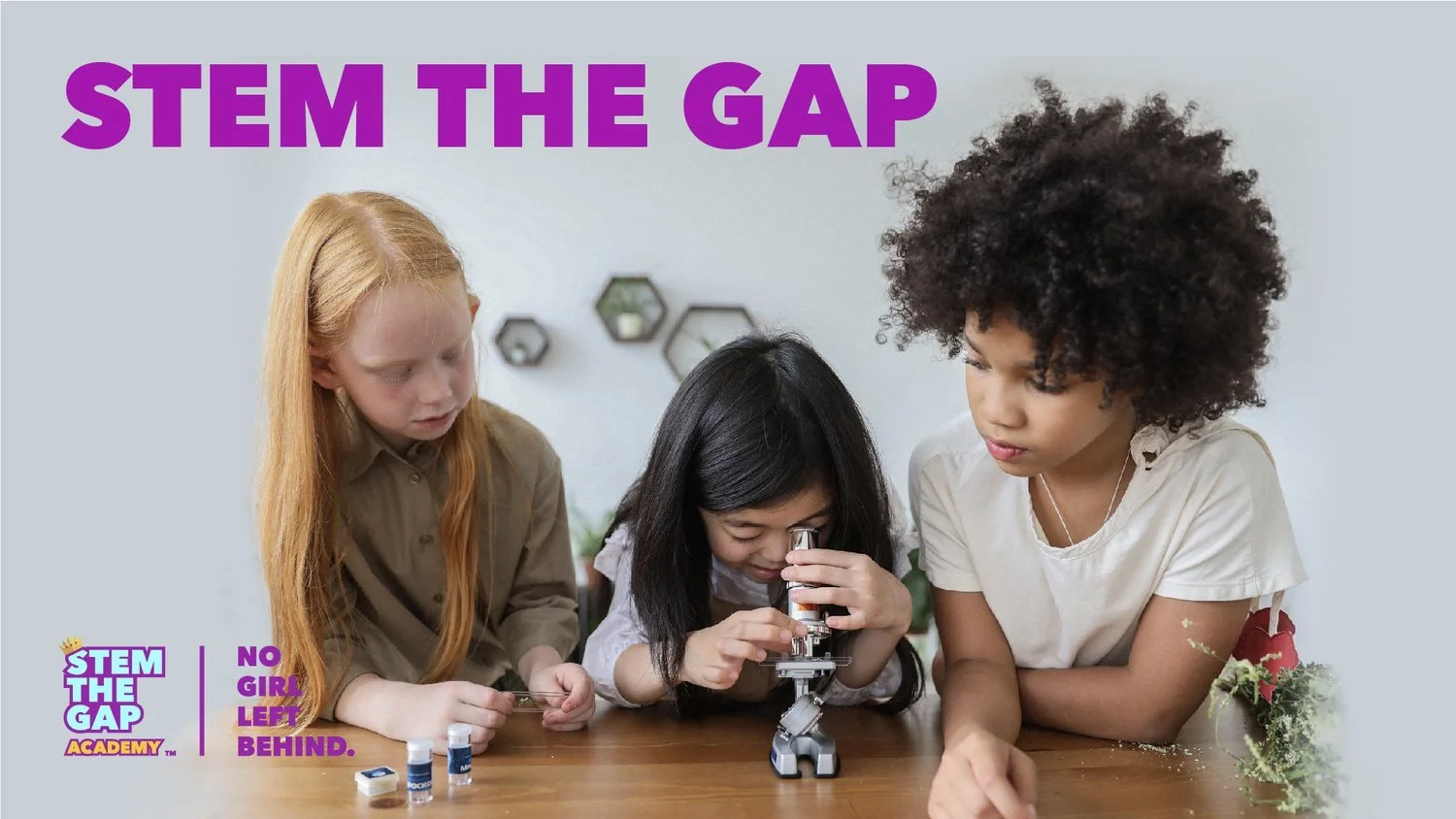SCRAPPING STEREOTYPES: How it helps everyone!
SCRAPPING STEREOTYPES: How it helps everyone!
Stereotypes are glorified boxes. They are used to limit and to define people in two-dimensional predictable terms and, as anyone who has lived long enough can confidently state, people are far from being either two-dimensional or predictable. Stereotypes are also, more often than not, used and even weaponized by dominant groups to exert and maintain power over others. This is blatantly evident when it comes to racial stereotypes and stereotypes around gender roles.
The patriarchal ideology that men are stronger, smarter and generally superior is a notion that is widely known to be destructive and harmful to women and girls, who are influenced and impacted by these ideas from a very young age, to varying degrees, depending on what level of toxic masculinity and patriarchy is acceptable in the societies that they grew up in. However, the negative impact of these gender stereotypes on boys is not something that is given as much attention and it is important to realize that these confining stereotypes are harmful and detrimental to all, regardless of gender.
Stereotype threat, for example, is when people self-sabotage themselves on account of a subconscious internalization of a negative idea related to their abilities or performance. For example, studies have shown that girls are aware of the stereotype that boys are better than girls at chess and it has been proven that women tend to do better when they play, so long as their opponent is female or remains anonymous. However, if women are knowingly playing men, they tend to fare worse, because of this subconscious belief that operates beneath the surface, chipping away at their confidence levels. The psychology of this is truly incredible, because it proves that a limiting belief can trump talent, skill and training if activated in the subconscious mind. (Smerdon, Hu, McLennan,Hippel, Albrecht, 2018)
This finding, in turn, leads to the question: how do men psychologically respond to these same stereotypes in reverse, that demand them to be infallible, logically and analytically progressive, unwavering, always in control and dominant? And, more specifically, what happens when men are coerced to embrace societally-designated qualities associated with maleness and repress and shun societally-designated qualities associated with femaleness, when all people are a unique mix of both?
According to numerous studies, it is clear that patriarchal gender roles and stereotypes impose an incredible amount of pressure on young children, because it is not simply that men are glorified as superior and women as inferior; rather it is the manner in which all qualities attributed to ‘femininity’ are demeaned and seen as less than, while traits attributed to ‘masculinity’ are glorified and upheld as something to aspire to.
This is why, even today, many women in business find themselves pressured to take on ‘masculine qualities’, in order to be taken seriously and to maintain high-ranking positions in corporations. The awareness of this pressure directly impacts the way they dress, interact and speak with others. They understand that they can’t be seen as ‘too emotional’ or ‘nurturing’ because that is automatically deemed as ‘unprofessional behaviour’, even though similar behaviour from male colleagues might be deemed ‘passionate’ or ‘endearing’.
These skewed, unjust and unrealistic ideas that reiterate and perpetuate the superiority of the male over the female is also what leads to inflated egos and entitlement in men. They are deeply insecure, but they behave as though they are the be-all and end-all. In essence however, entitlement is a defense-mechanism that allows men to hide deep-rooted insecurities and feelings of inadequacy and is why those, who internalize and uphold these patriarchal standards, react with anger and violence when challenged or threatened. What they are really pushing back against is the threat of their cognitive dissonance (and therefore, fallibility) being exposed.
Another clear example of the harmful effects of rigid and predetermined gender roles is how boys are taught to disconnect from their feelings from a young age. They are made to feel less than and are often reprimanded for showing any emotion, because it is considered ‘girly’ and therefore, weak. The repression of emotion alone, on account of its perception as a threat to ‘masculinity’, has been proven to directly contribute to increased levels of anger and violence, shallow relationships, physical health risks, mental health risks and substance abuse in men.
Not only does patriarchy dictate this emotional disconnection in men, it also isolates them and forbids them from seeking help for problems because they are meant to be the ones with all the solutions. As a result, men have lower life expectancies and are more likely to die from treatable health conditions than women. “Masculinity encourages risk-taking behaviour and discourages help-seeking or health-enhancing behaviour—meaning men are more likely to get hurt or sick and less likely to seek help when they are.” (Ilich, 2020)
It turns out that these same patriarchal beliefs and values that oppress girls in society, also oppress and repress boys too and the findings from several researches are incredibly significant and important to note. That is why Girl Boss Chess rejects typical gender roles and binaries and is absolutely dedicated to empowering girls through chess by giving them confidence in who they are as a whole, without ascribing to particular limiting gender roles. We want girls to become absolutely anything they decide to be, whether they become doctors, scientists, mathematicians, artists, politicians, athletes or CEOs. Girl Boss Chess only insists that girls be total bosses in the process, which is why all our courses are, at the core, confidence building classes for girls that counteract misogynistic stereotypes . At the end of the day, the empowerment of women is the empowerment of all.
One can only speculate, at this point, what some men might have become if their ‘feminine’ attributes had been nurtured and found expression, rather than repressed and extinguished. It is almost certain that relationships and societal dynamics would be less violent, more supportive and more growth-oriented . Stresses of life would be more equally divided between people, rather than being disproportionately burdened on the shoulders of men, which would lead to higher life-expectancies and happier lives.
“[Men] will benefit from progress towards gender equality. It will benefit our personal well-being by freeing us from the costs of masculine conformity: poor health, shallow relationships and early death. It will benefit our relationships and friendships. And it will benefit our workplaces and communities with more flexible divisions of labour, reductions in violence against women, workplaces with greater productivity, creativity, and diversity.” (Flood, 2020)
In short, the responsibility of gender equality, in chess and in all fields, is a responsibility on the shoulders of men, just as much as women, not just because of the privilege that the system already affords men, but also because everyone in the long term benefits from this. Feminism is a movement built predominately by women, but we will have to work together in the years to come, in order to free ourselves from the bonds of patriarchy. Unless we can work together towards equality, no one, however they identify, will be truly free to live and work joyfully and to reach their full potential. The dehumanization of the feminine will always mean the dehumanization of humanity.











